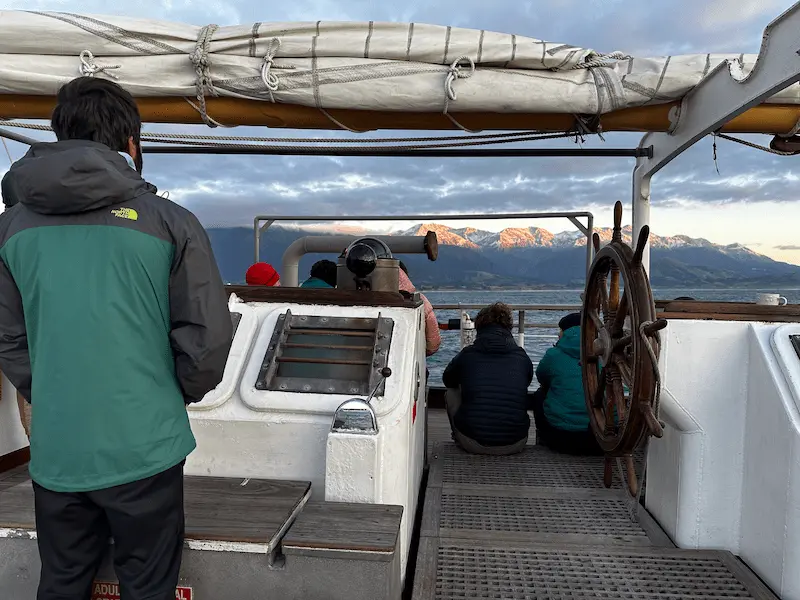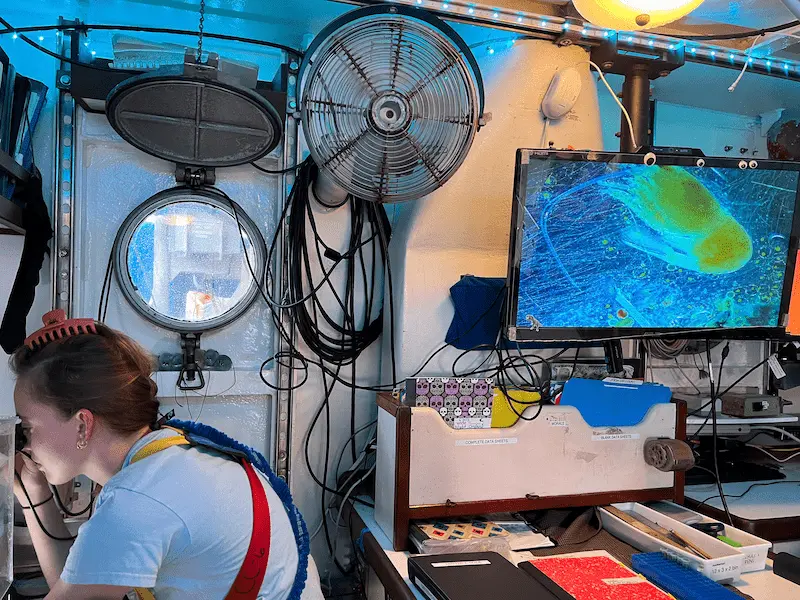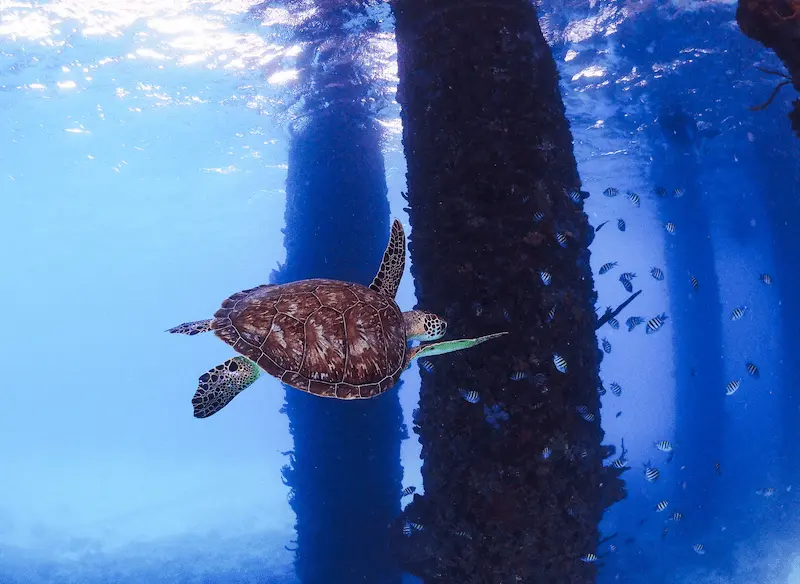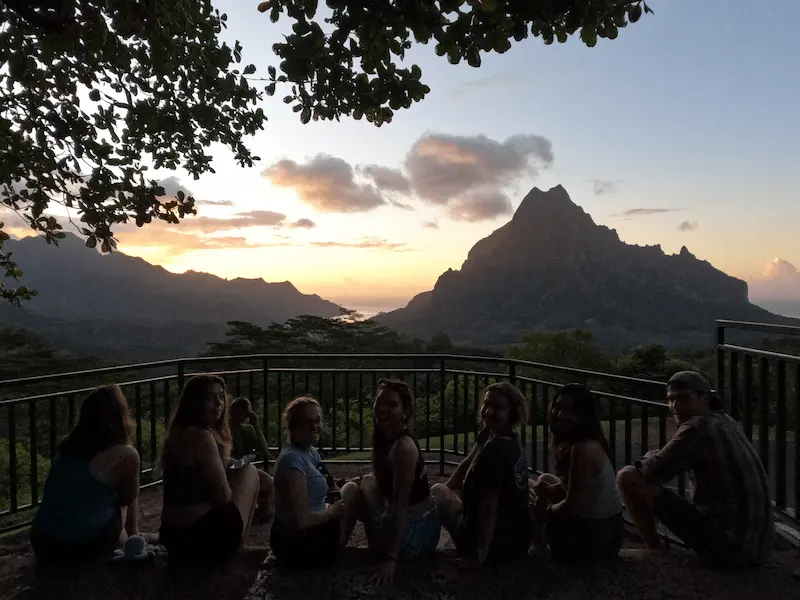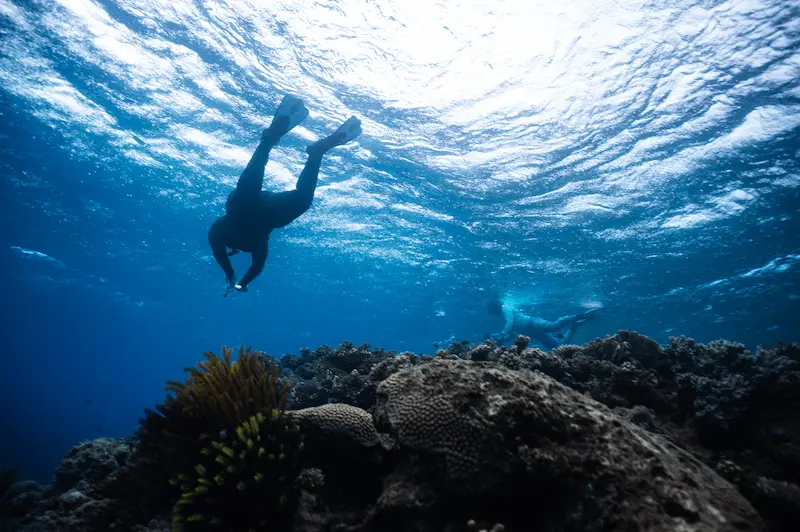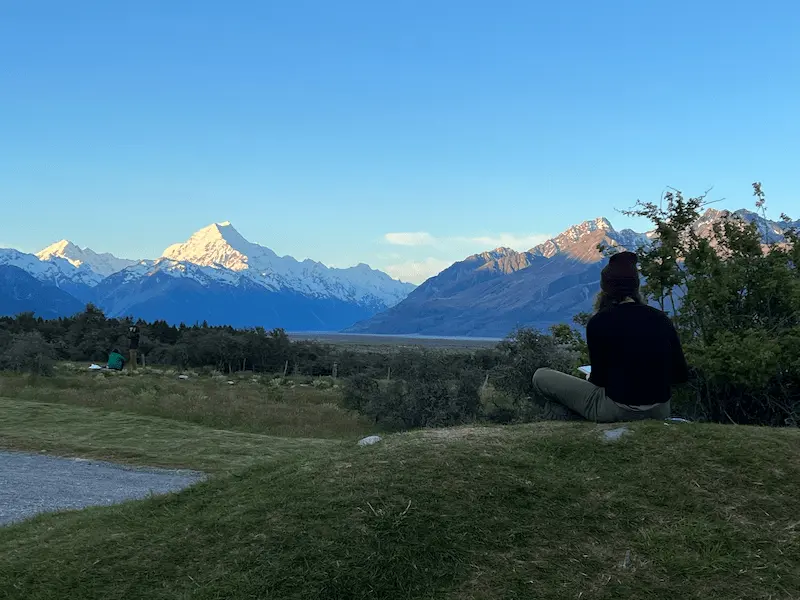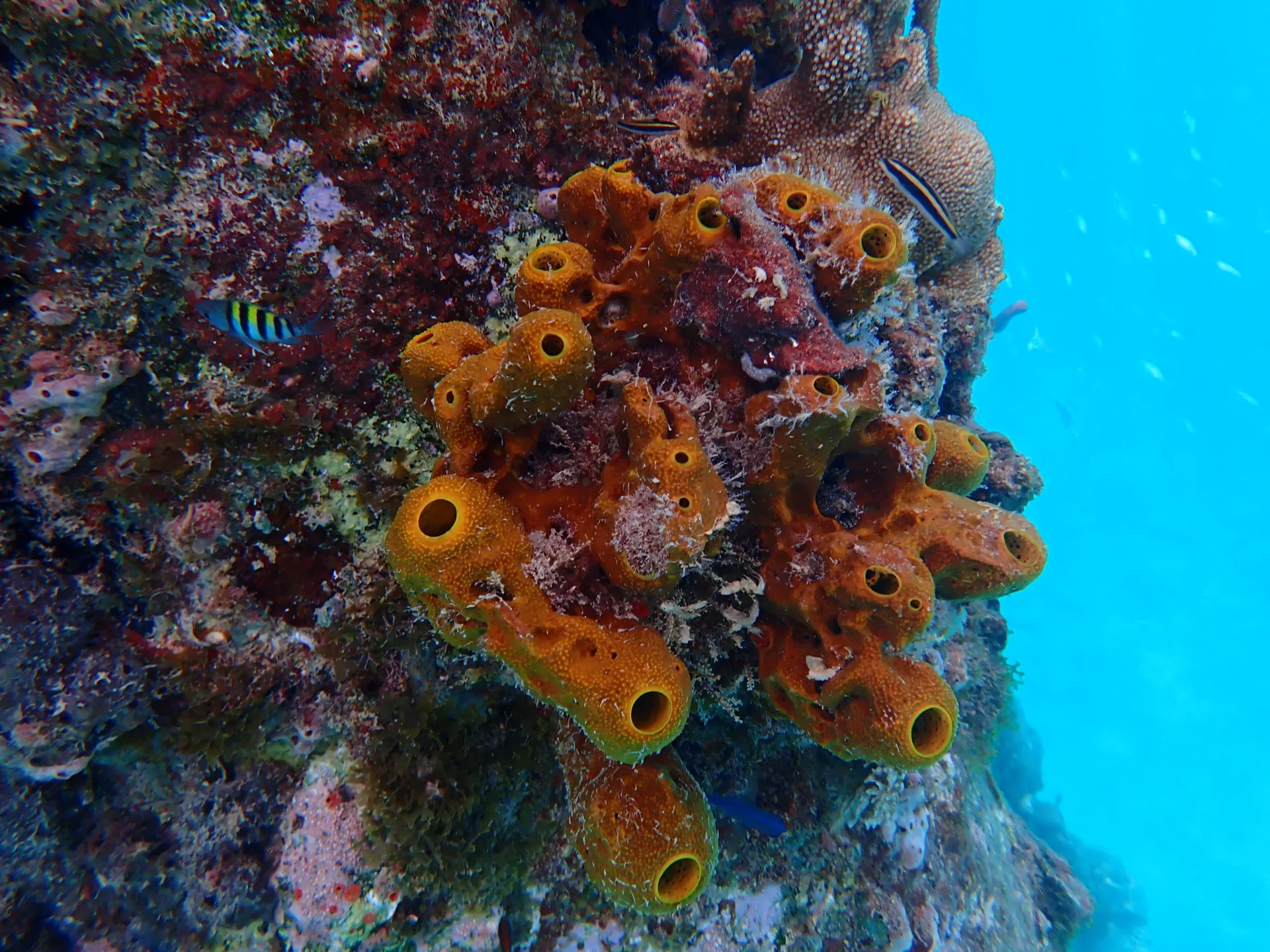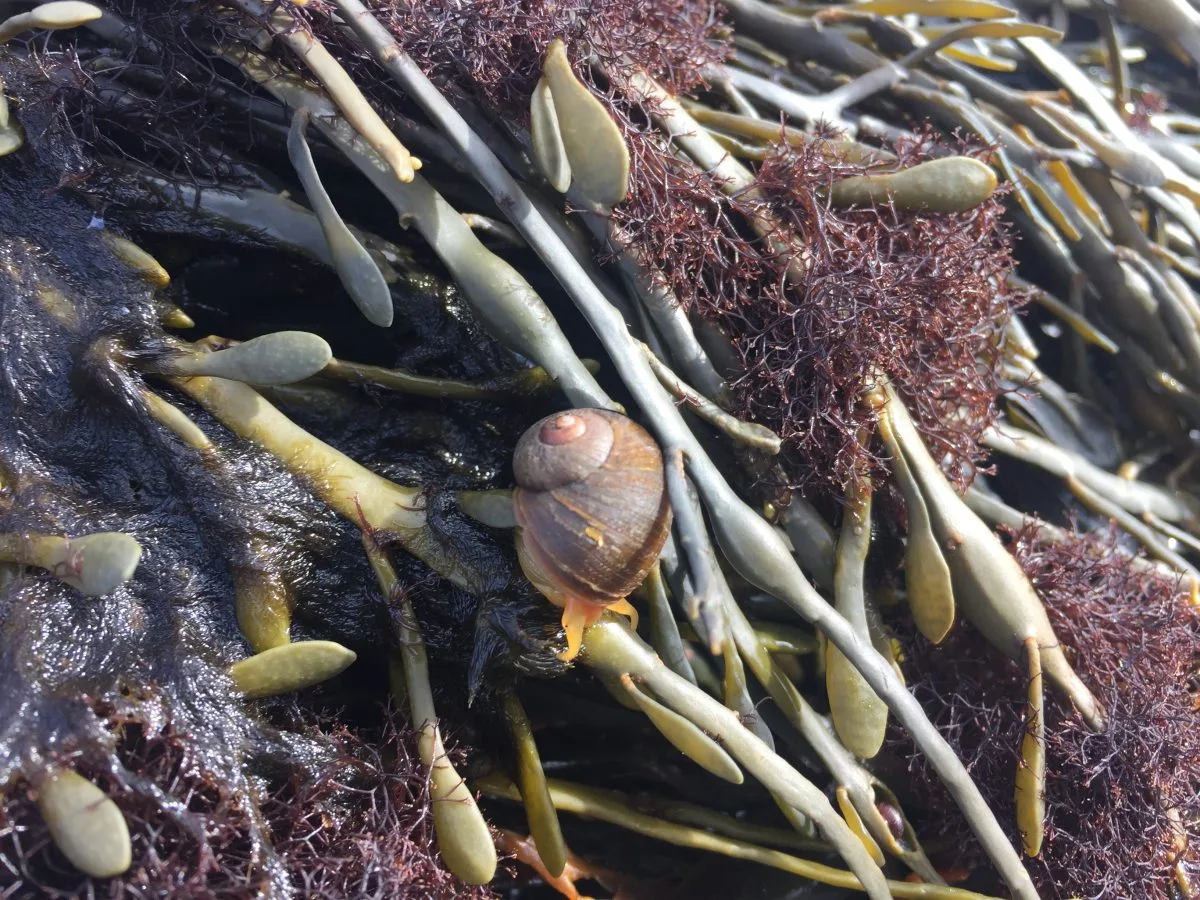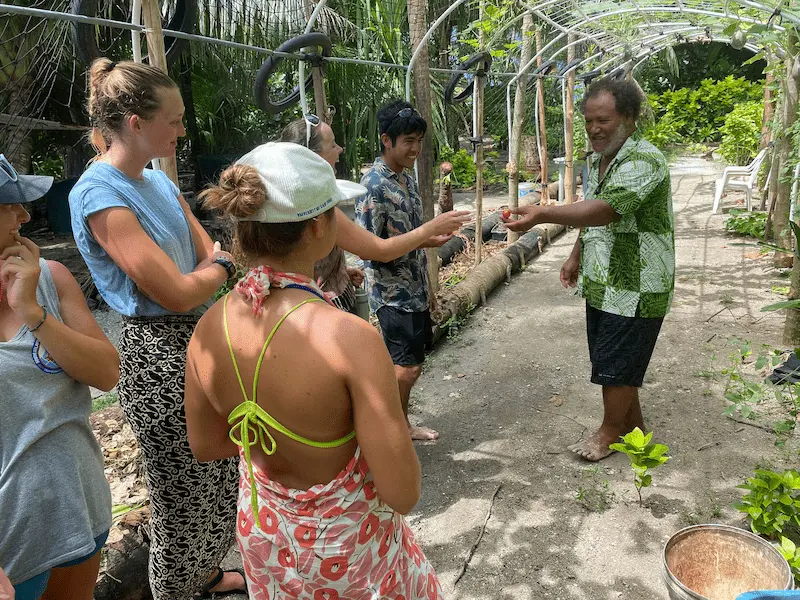Oceans & Climate - Fall 2025
Understanding climate change and its associated impacts is the critical scientific challenge of today, and the timely application of this knowledge to public policy is crucial to the future of our planet.
This intensive semester invites students to develop their understanding of the oceans’ role in climate dynamics and to build their tool-kit in research, data visualization, and science communication; skills all climate scientists must have in order to be effective advocates for our oceans.
Students participating in Oceans & Climate will conduct baseline climate research on this long sailing passage, and the potential projects open for investigation are diverse. Oceans & Climate’s voyage comprises of an extended blue-water transect from Fiji to Aotearoa New Zealand, allowing students to explore a range of ecosystems each characterized by distinctive biological communities and complex and dynamic current systems. The transfer of carbon through the coupled ocean/atmosphere system is influenced by many attributes this program can investigate, so our voyage track becomes an excellent natural laboratory for studying almost all aspects of oceanic carbon cycling.
SEA’s Oceans & Climate program allows students to develop the skills required for a professional career in the field of climate change research and communication.
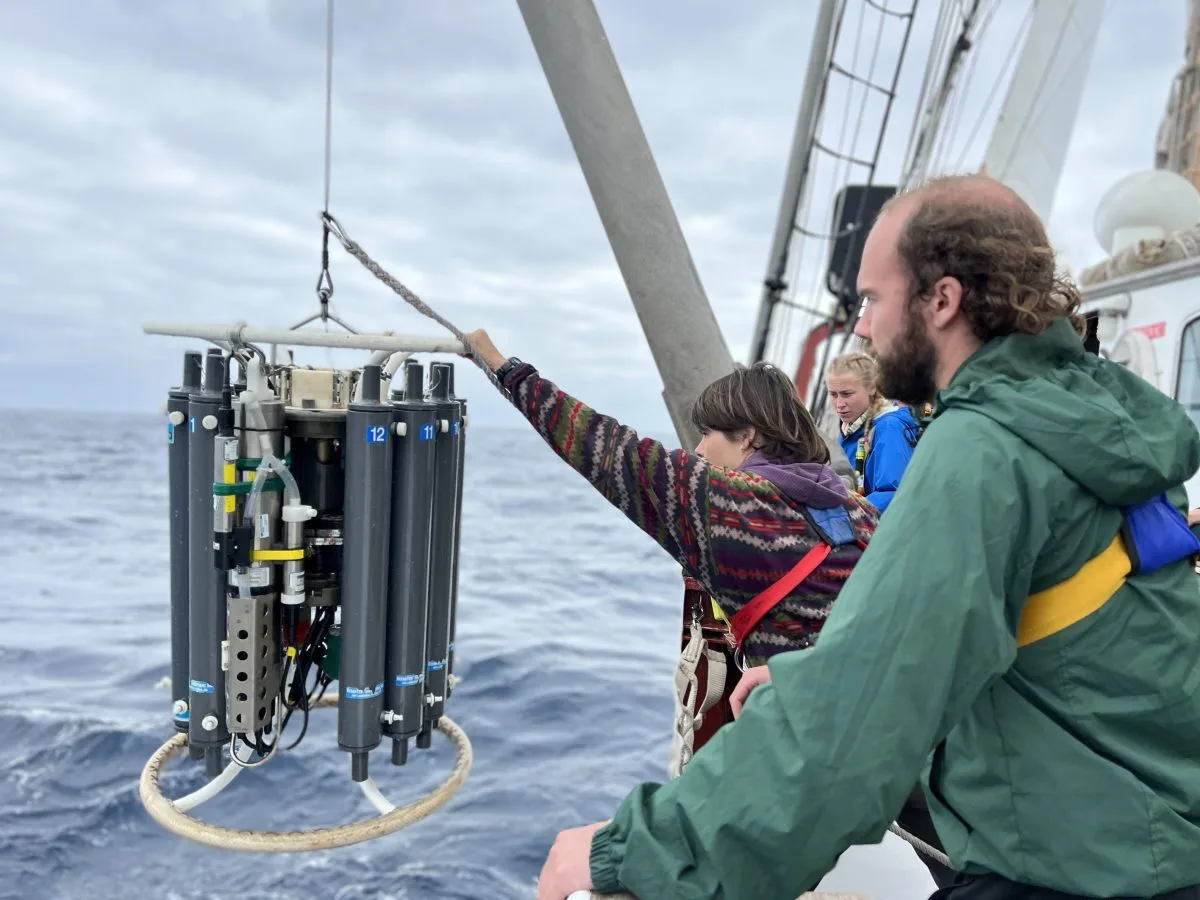
Learning Objectives
Locations
Fiji to Aotearoa New Zealand
Port Stops
Funafuti, Tuvalu
Savusavu, Fiji
Savoring the Rhythms of Sea
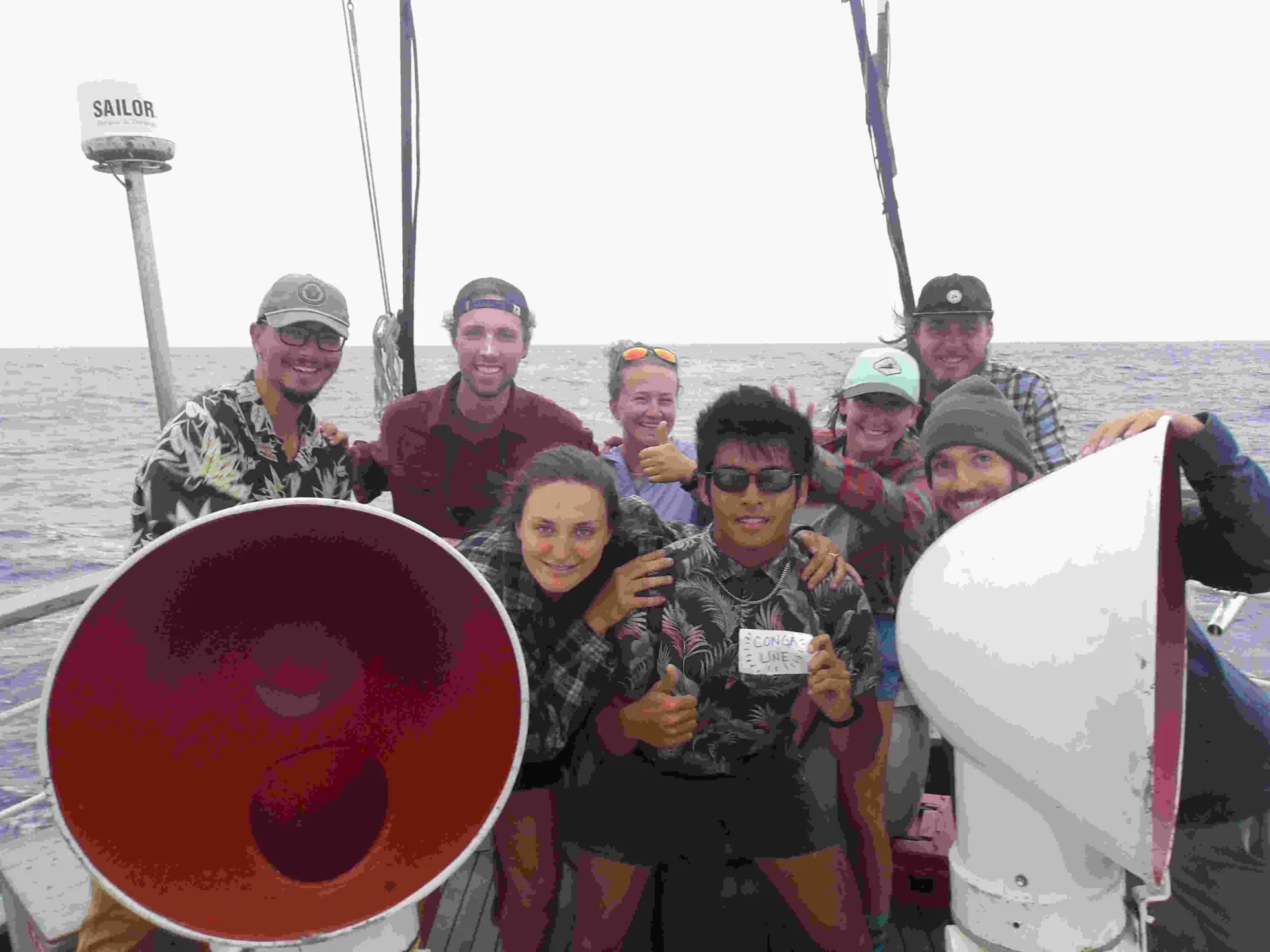
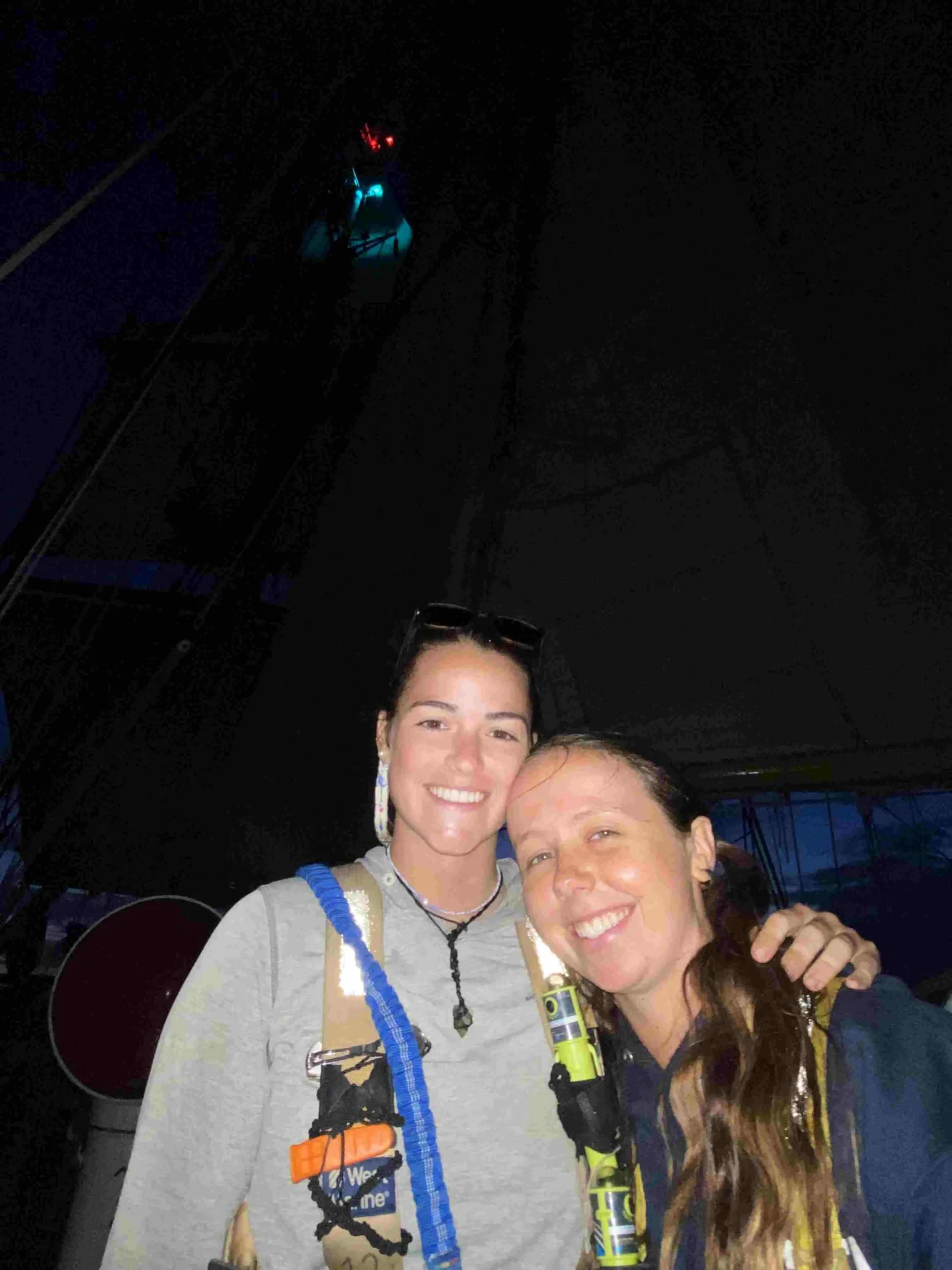

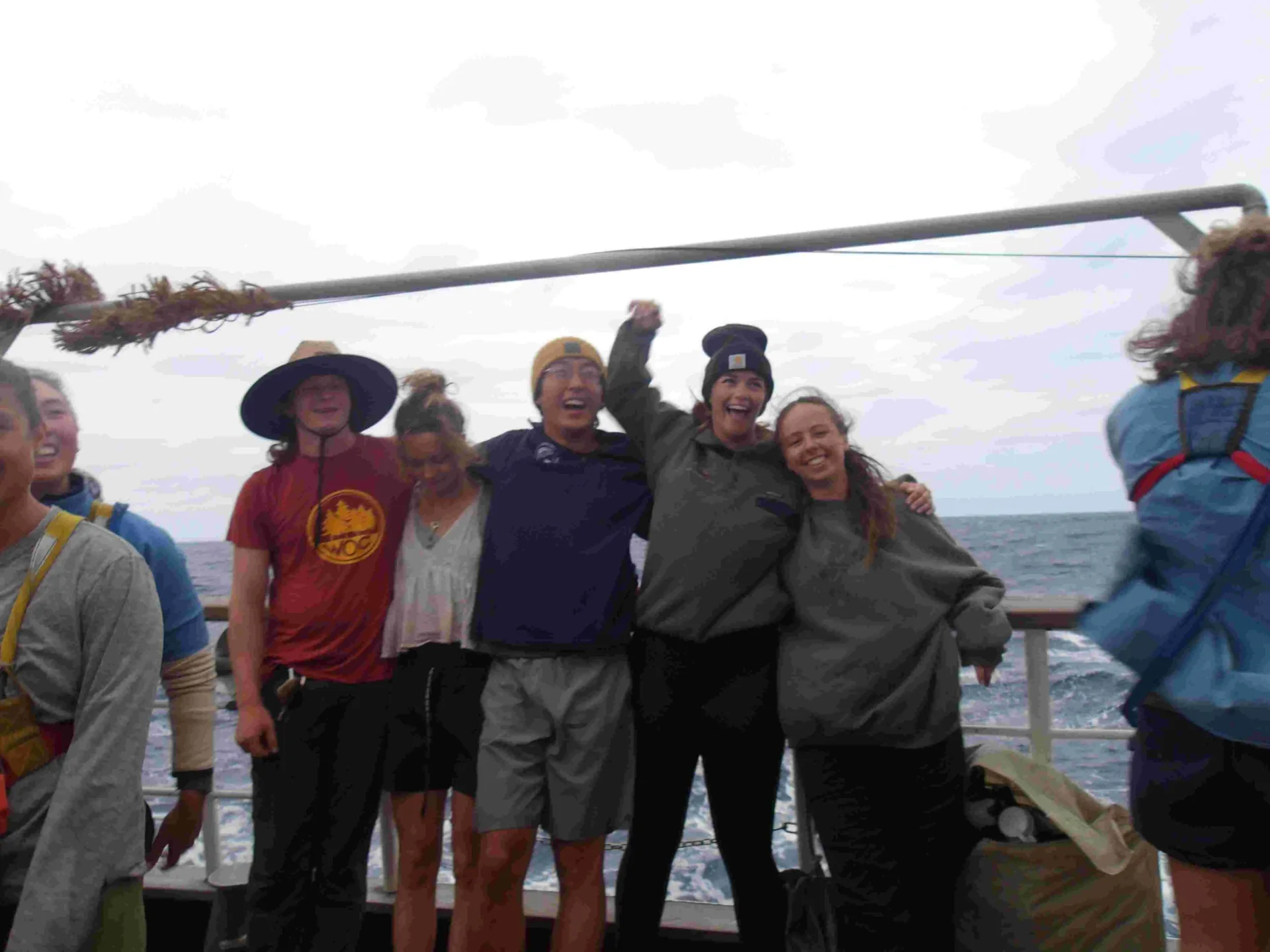
Academic Credit
Course Descriptions & Syllabi
This program carries 18 semester hour credits from Boston University for successful completion of the program.
Students applying to this program must have an introductory science course and one 200-level science lab.
Marine Environmental History300 level, 4 credits, CAS NS 323
Employ methods and sources of historians and social scientists. Examine the role of human societies in coastal and open ocean environmental change. Issues include resource conservation, overfishing, pollution, invasive species, and climate change.
Environmental Communication300 level, 3 credits, CAS NS 332
Seminar focusing on communication skills development for environmental scholars. Introduces the field of environmental communication, examines environmental attitudes and behaviors, and develops a toolkit of communications strategies. Includes projects in data visualization, multi-media presentation and digital storytelling.
Nautical Science200 level, 3 credits, CAS NS 223
Learn the fundamentals of sailing ship operation, in preparation for direct application at sea. Navigation (piloting, celestial and electronic), weather, engineering systems, safety, and sail theory. Participate as an active member of the ship’s crew on an offshore voyage.
The Ocean and Global Change200 level, 4 credits, CAS NS 326
Ocean ecosystem change in the anthropocene: warming, acidification, fisheries depletion, and pollution. Review principles of circulation, seawater chemistry, nutrient dynamics, and biological production to understand causes and consequences of change. Conduct field measurements for contribution to time-series datasets.
Choice of:
Directed Oceanographic Research300 level, 4 credits
Two lab science courses (one at the 200-level or higher) or consent of instructor.
Design and conduct original oceanographic research. Collect data and analyze samples. Compile results in peer-reviewed manuscript format and share during oral or poster presentation session. Emphasis on development of research skills and written/oral communication abilities.
Practical Oceanographic Research200 level, 4 credits
Introduction to oceanographic research. Design a collaborative, hypothesis-driven project following the scientific process. Collect original data. Conduct analysis and interpretation, then prepare a written report and oral presentation.
